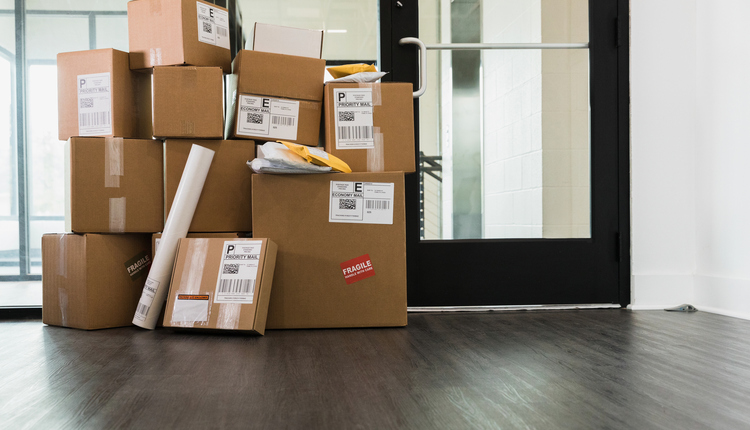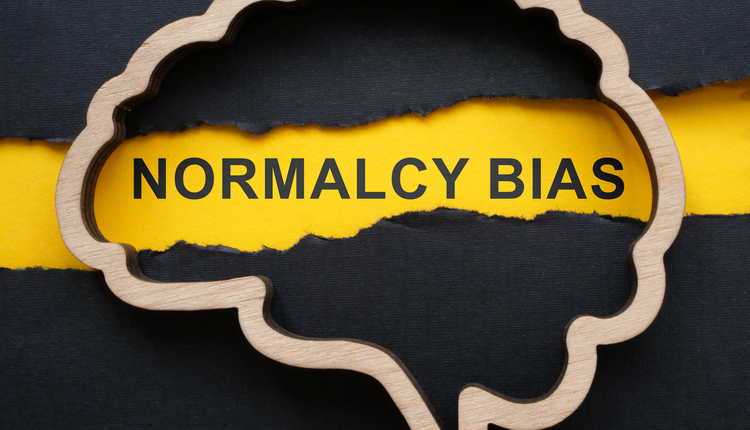Finding waste in your supply chain is easy. Removing waste and actually achieving measurable improvement is a bit more challenging. Many companies say they are implementing best practices – but what really are best practices? And how do best practices that may work for others adapt to your supply chain and network?
Most companies focus on systems, processes, and equipment to solve their operational problems. However, this is only part of the building blocks required to become a company that can adapt and continually improve operations for the changing landscape. The right foundation to achieve excellence is established through development of labor skills, training and feedback systems.
Today’s rapidly changing business environment requires companies to realize continuous measureable improvements in order to stay competitive. The problem is that many companies have strategic initiatives underway or new processes implemented, but returns on the investment don’t cultivate as expected. For those companies who achieved their original ROI on initiatives, productivity typically peaks and eventually sinks, sometimes below historical levels of productivity. Ultimately, companies are continuing to look for new ways to improve, but tactically the measurements in place are not correct and skill sets to drive increased performance just do not exist.
Companies need to identify the challenges and recurring themes that they run into on each supply chain initiative. To build a world-class supply chain organization and operation, we must have alignment with our gameplan; conceptualize the framework we will operate in, build the pillars of success, and have a structured plan for feedback for all levels in the organization.
Various factors influence the success of a company, and these factors relentlessly require people to adapt to change. Companies’ inability to adapt to change is the source of failure for more than 60% of improvement programs, which is evident when research concludes that two-thirds of supply chain initiatives conducted fail to have an impact on bottom-line profits.
Managing these programs for success doesn’t just mean companies need change management. In fact, most change management programs are not aligned with building the right foundation for the organization to continually improve. Supply chain initiatives pose a remarkable challenge because it typically means we require a very large group of employees to modify “their way” to “one way”. The problem many companies have with getting to “one way” is that standardization simply isn’t sexy. But it’s the one thing that every company must first do in order to achieve excellence. Even if the process isn’t perfect, standardizing it makes the process definable, measureable, and predictable. All of which are needed to continually improve measureable performance.
Join us at the Parcel Forum to hear from Brian Lindenmeyer on “Best Practices Through Operational Excellence – Leading Change”. This presentation will uncover the roadmap to achieving higher levels of productivity, and attendees will learn a comprehensive and balanced approach to lean principles, motivation and accountability that will instill a proven path to excellence across their operations and organization.
Brian is a 14-year industry veteran with extensive experience in supply chain and manufacturing operations, strategy, and process improvement. As a 3rd generation industrial engineer, Brian has as a strong focus on organizational excellence, focusing on process improvements, labor management, incentive systems, change management, and leadership development.
Most companies focus on systems, processes, and equipment to solve their operational problems. However, this is only part of the building blocks required to become a company that can adapt and continually improve operations for the changing landscape. The right foundation to achieve excellence is established through development of labor skills, training and feedback systems.
Today’s rapidly changing business environment requires companies to realize continuous measureable improvements in order to stay competitive. The problem is that many companies have strategic initiatives underway or new processes implemented, but returns on the investment don’t cultivate as expected. For those companies who achieved their original ROI on initiatives, productivity typically peaks and eventually sinks, sometimes below historical levels of productivity. Ultimately, companies are continuing to look for new ways to improve, but tactically the measurements in place are not correct and skill sets to drive increased performance just do not exist.
Companies need to identify the challenges and recurring themes that they run into on each supply chain initiative. To build a world-class supply chain organization and operation, we must have alignment with our gameplan; conceptualize the framework we will operate in, build the pillars of success, and have a structured plan for feedback for all levels in the organization.
Various factors influence the success of a company, and these factors relentlessly require people to adapt to change. Companies’ inability to adapt to change is the source of failure for more than 60% of improvement programs, which is evident when research concludes that two-thirds of supply chain initiatives conducted fail to have an impact on bottom-line profits.
Managing these programs for success doesn’t just mean companies need change management. In fact, most change management programs are not aligned with building the right foundation for the organization to continually improve. Supply chain initiatives pose a remarkable challenge because it typically means we require a very large group of employees to modify “their way” to “one way”. The problem many companies have with getting to “one way” is that standardization simply isn’t sexy. But it’s the one thing that every company must first do in order to achieve excellence. Even if the process isn’t perfect, standardizing it makes the process definable, measureable, and predictable. All of which are needed to continually improve measureable performance.
Join us at the Parcel Forum to hear from Brian Lindenmeyer on “Best Practices Through Operational Excellence – Leading Change”. This presentation will uncover the roadmap to achieving higher levels of productivity, and attendees will learn a comprehensive and balanced approach to lean principles, motivation and accountability that will instill a proven path to excellence across their operations and organization.
Brian is a 14-year industry veteran with extensive experience in supply chain and manufacturing operations, strategy, and process improvement. As a 3rd generation industrial engineer, Brian has as a strong focus on organizational excellence, focusing on process improvements, labor management, incentive systems, change management, and leadership development.











